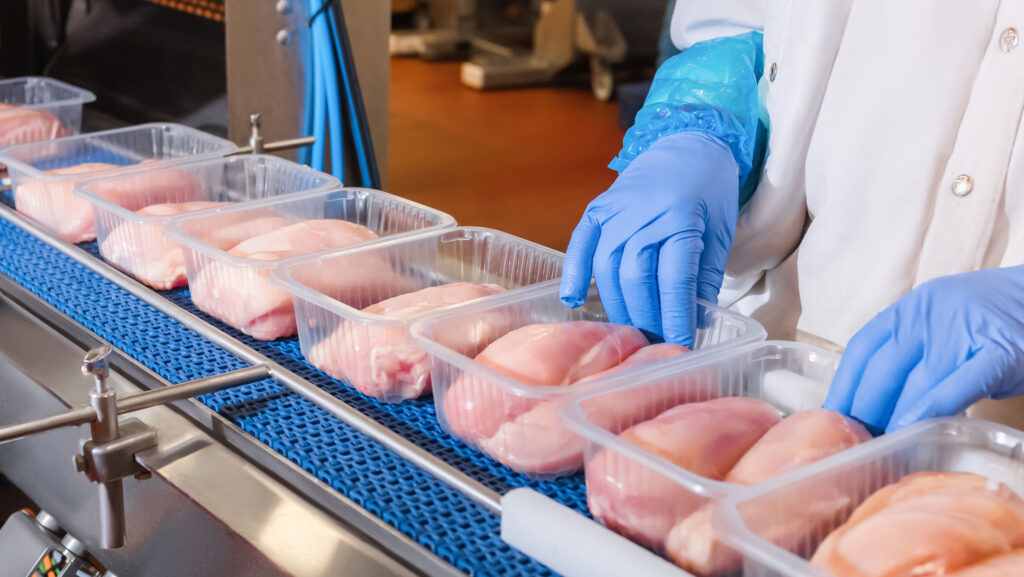Opinion: Importing food might not always be an option
 © Adobe Stock
© Adobe Stock One of my all-time favourite TV shows is Yellowstone (who wouldn’t want their own “train station”?) and one line in particular from Rip, the ranch manager, has stuck with me.
He tells the cowboys that “in 30 years no one will be doing this, they’ll all buy their beef from Brazil”.
Yellowstone is based in the US where agriculture still accounts for 5.6% of GDP – which is the 10th highest in the world.
There are no other “western” countries above it – most of these sit with GDP from agriculture below 4%.
See also: Opinion – Budget just puts us on a par with other industries
The UK is 0.7%. You could argue GDP is a bad measure and that we’re so low because we have such a booming manufacturing industry, but then you’d remember that’s long gone.
You could argue it’s our stellar financial sector, but this is trumped by both the US and China whose agricultural GDP still far outweighs ours.
So, so what? Well we know at last count we were only 60% self-sufficient which, with land going to the Sustainable Farming Incentive, solar, rewilding, trees for carbon offsetting, and so on, is only going to fall.
We are always told, however, that the bottom in our market is import parity and that we are insignificant as producers so we’ll simply buy it in from abroad.
Right now that’s true, but you don’t have to look very far into the future before importing might not be quite so easy.
Food producers in the western world are all facing the same pressures – incentives to “produce” less and people who want their land (perhaps not as aggressively as they do the Duttons’ in Yellowstone) for uses other than agriculture.
Where is this magical land of “abroad”?
And where does it leave small land areas with big populations like the UK if, for instance, a big exporter such as the US or Australia was to continue to take land out of production and flip from being a net exporter to a net importer?
They are wealthy countries so could afford to buy in – but from where?
World grains produced about matches those consumed so, for the wealthy West to produce less, someone will have to magically produce more or someone will have to go hungry (inevitably it’ll be the poorest countries such as Sudan with the biggest land masses and least ability to farm).
Perhaps we need to admit someone somewhere is paying a high price so that we can “import it from abroad” and rewild some beavers.
Regardless of climate change, every developed country is trying to use food-producing land to offset its carbon-emitting way of life. They all think “abroad” is a supply cupboard that will never run out.
And let’s not forget who owns “abroad”, who owns a lot of the West too for that matter. It’s the same countries that sit at the top of the agricultural GDP table – and the biggest of all is China.
While the Americans have shouted about being the world’s number one superpower by exporting all their manufacturing to China and borrowing huge sums of money from the East, China has quietly been using the revenue from that manufacturing to lend to the developed world and prop up failing countries, leaving them at the top of the food chain – quite literally.
Maslow’s hierarchy of needs shows humanity needs air, food, water, shelter, clothing and sleep to build a society.
If the first world governments believe they can play Jenga with these then I’m pretty sure I know which country will be selling them the scaffolding.

